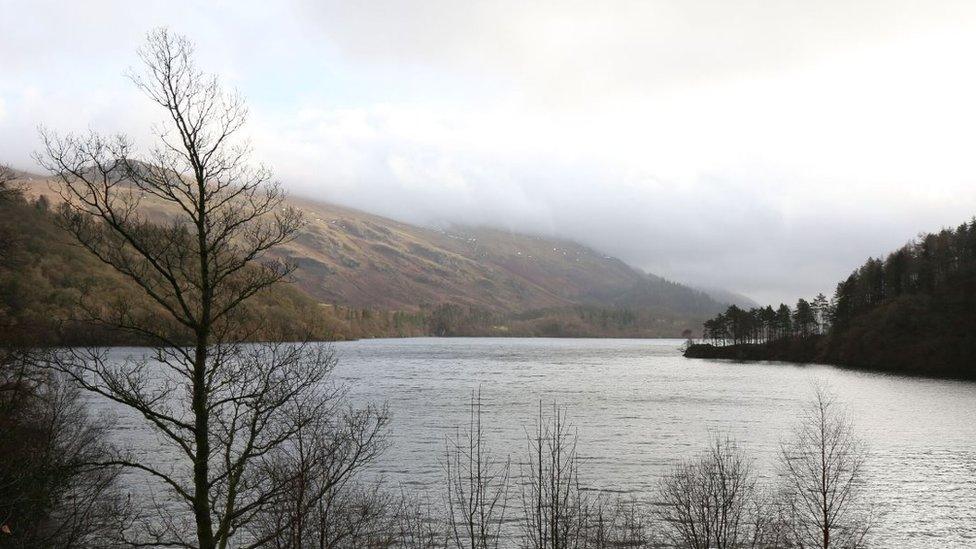Historians back plans for 'zip wire' attraction
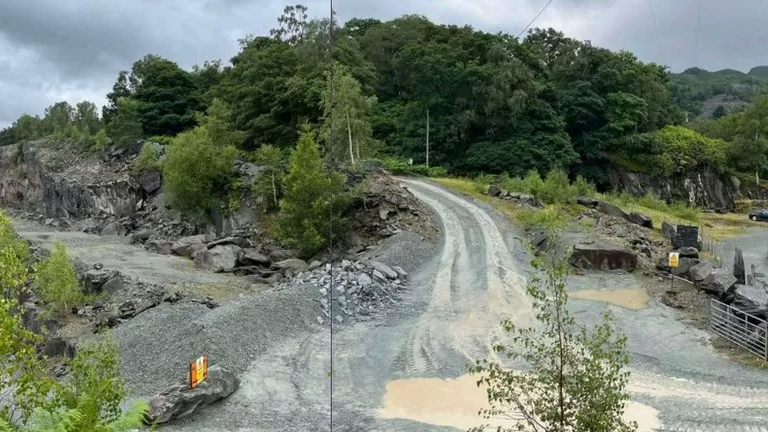
Nearly 90,000 people previously objected to the plans for the Unesco Lake District World Heritage Site
- Published
A zip wire attraction some think would turn parts of the Lake District into a "theme park" could help to preserve a historic quarry site, historians say.
Plans for the Elterwater Quarry Experience were refused in September after nearly 90,000 objections to the "heritage-based adventure".
Revised proposals have now been submitted for the attraction, which would see platforms installed in caves with zip wires connecting points of interest.
The Cumbria Amenity Trust Mining History Society (CATMHS) say the plans are likely to protect the site, which could otherwise decay.
Travel plan
Proposals for the Elterwater Quarry, in the Langdale Valley, were rejected by the Lake District development control committee in the wake of significant opposition and concerns over traffic.
Advisors to the Unesco World Heritage Committee then said the attraction could transform part of the quarry into a "theme park" and would be "likely to disrupt the tranquil and contemplative character" of the area.
A revised planning application was recently submitted on behalf of developers Burlington Slate and future operators Zip World.
Amendments include a travel plan that could see public transport options improved, or a shuttle bus service launched to cut down on cars travelling to the site.
If approved, the site would be transformed to also include visitor facilities in repurposed sheds and an outdoor natural history trail.
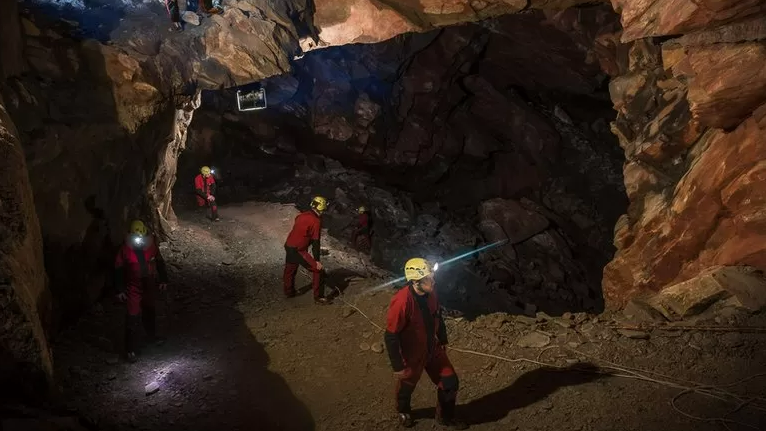
Zip wires would allow visitors to move between interesting parts of the cave network
The new plans, submitted to the Lake District National Park Authority in December, have now received the backing of the CATMHS.
A spokesperson said: "We believe the proposals are likely to preserve the historical perspective of the slate quarrying industry to a much greater extent than letting the remains decay, as many in the district have been allowed to do.”
However, Historic England says there could be the potential for archaeological remains of possible national importance to be impacted.
A spokesman said physical impact on heritage assets outside of the proposed attraction would be "very limited".
He added: “There would, however, be the potential for direct physical impacts upon archaeological remains, potentially of national importance, which have yet to be identified within the underground caverns and in the wider quarry landscape above ground.”
Follow BBC Cumbria on X (formerly Twitter), external, Facebook, external and Instagram, external. Send your story ideas to northeastandcumbria@bbc.co.uk.
Related topics
More stories from BBC North East and Cumbria
- Published6 September 2023
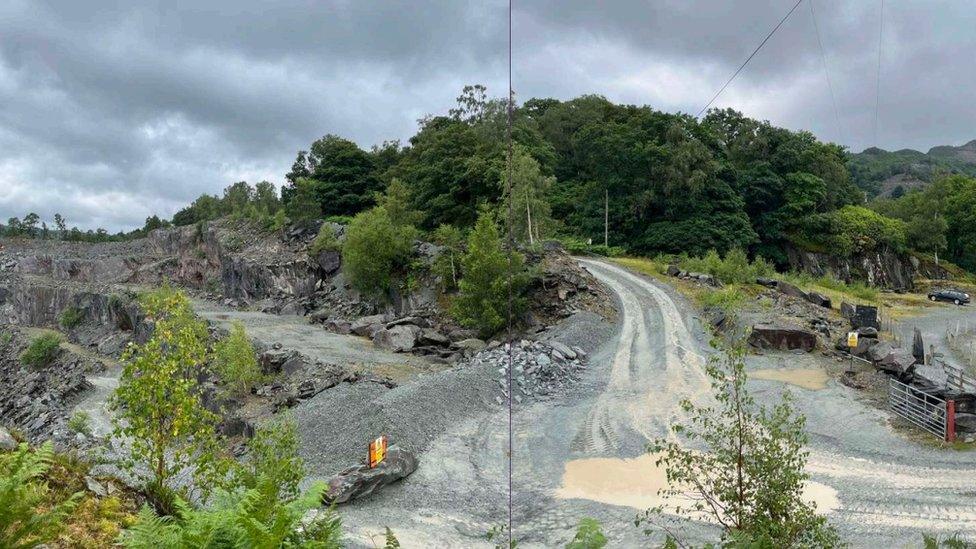
- Published14 June 2022
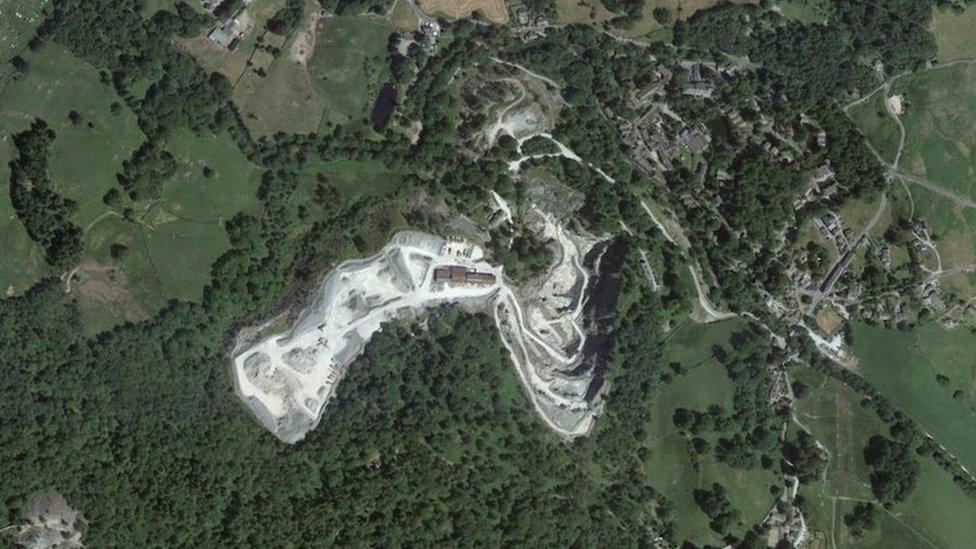
- Published20 February 2018
